Cultural programming is sown throughout the year in the CSC, but autumn/winter is the most productive season

Culture is intense throughout the year in the CSC, but not all seasons live the same way. According to the analysis carried out by Saretzen with all the events collected by Kulturklik in 2024, cultural programming is distributed fairly evenly between seasons, although it has been programmed a little more for the autumn/winter period, when 53.7% of the events took place.
This fact breaks with the general idea that cultural activity is intensified in good weather, and shows that the cultural fabric of enclosed areas is strong: 3,757 cultural centres, theatres and auditoriums support much of the programming, beyond seasonal outdoor activities. In fact, three out of four events are held in enclosed enclosures. Only two regions of Álava have a lower proportion of covered events and a higher ratio of outdoor events: Añana and Rioja Alavesa, where most of the events are scheduled in the summer.
The cultural calendar isn't the same everywhere.
Although balance is generally maintained, there are differences between regions. In some areas programming is mainly directed towards the summer season, while in others events are dispersed by killing.
In the regions of Plentzia-Mungia, Markina-Ondarroa, Bajo Deba and Urola Costa, for example, there are more events during the spring/summer, while in Donostialdea, Llanada Alavesa and Gran Bilbao much of the programming is carried out in enclosed areas, with a continuous offer and a tendency to accumulate activity in autumn/winter.
This distribution shows that there is also a territorial logic behind programming: the areas with the largest number of cultural infrastructures have a stable number of activities throughout the year, while in other regions programming usually has a climate calendar.
You might like

Osakidetza will begin screening for the human papilloma virus for women over 30 years of age
The pilot project will begin in Donostialdea and Tolosaldea and then extend to all of Gipuzkoa, including Álava and Bizkaia.
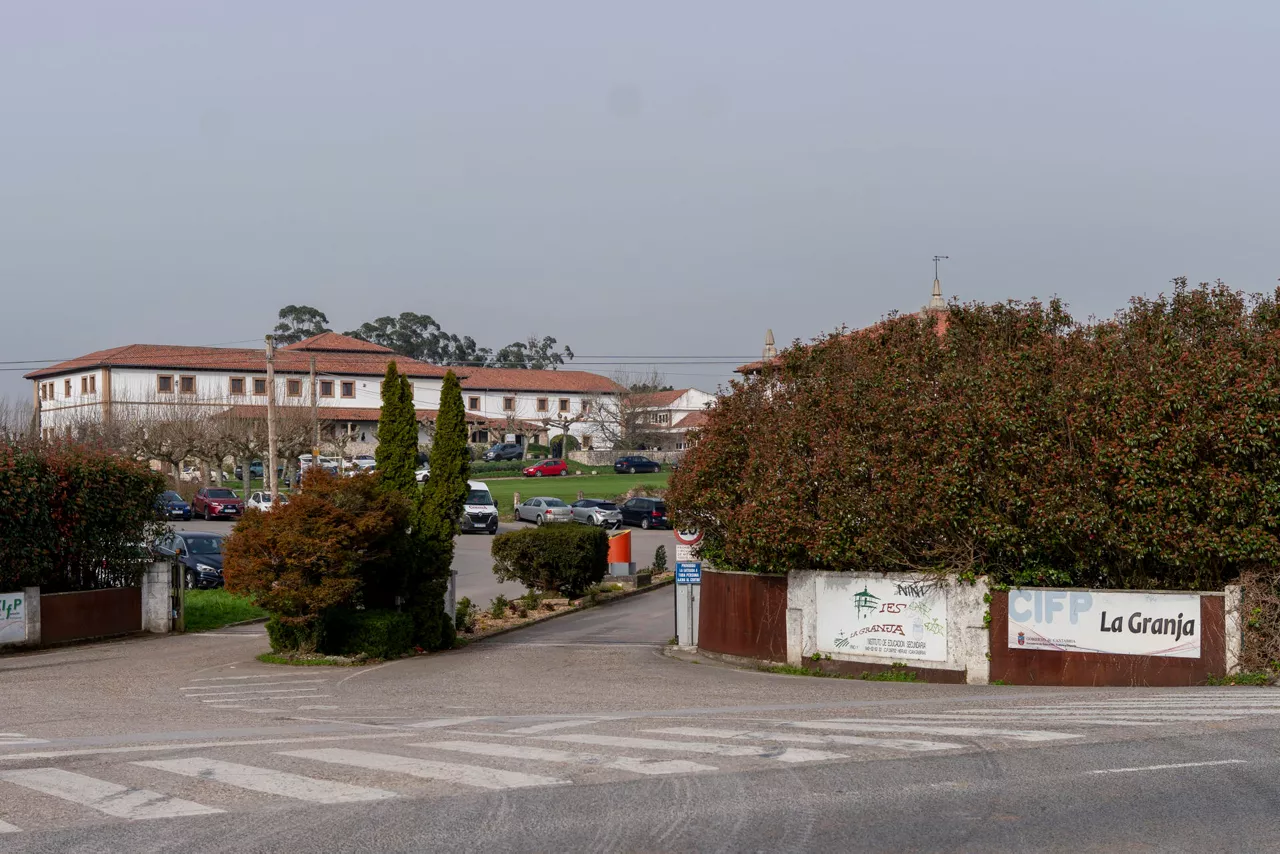
The victims were students from La Granja de Heras, a reference centre for agricultural and environmental training
The victims of the tragedy participated in the cycle of Senior Technician in Animal Husbandry and Animal Health Care, a center that prepares students to manage livestock farms and collaborate with veterinary teams.
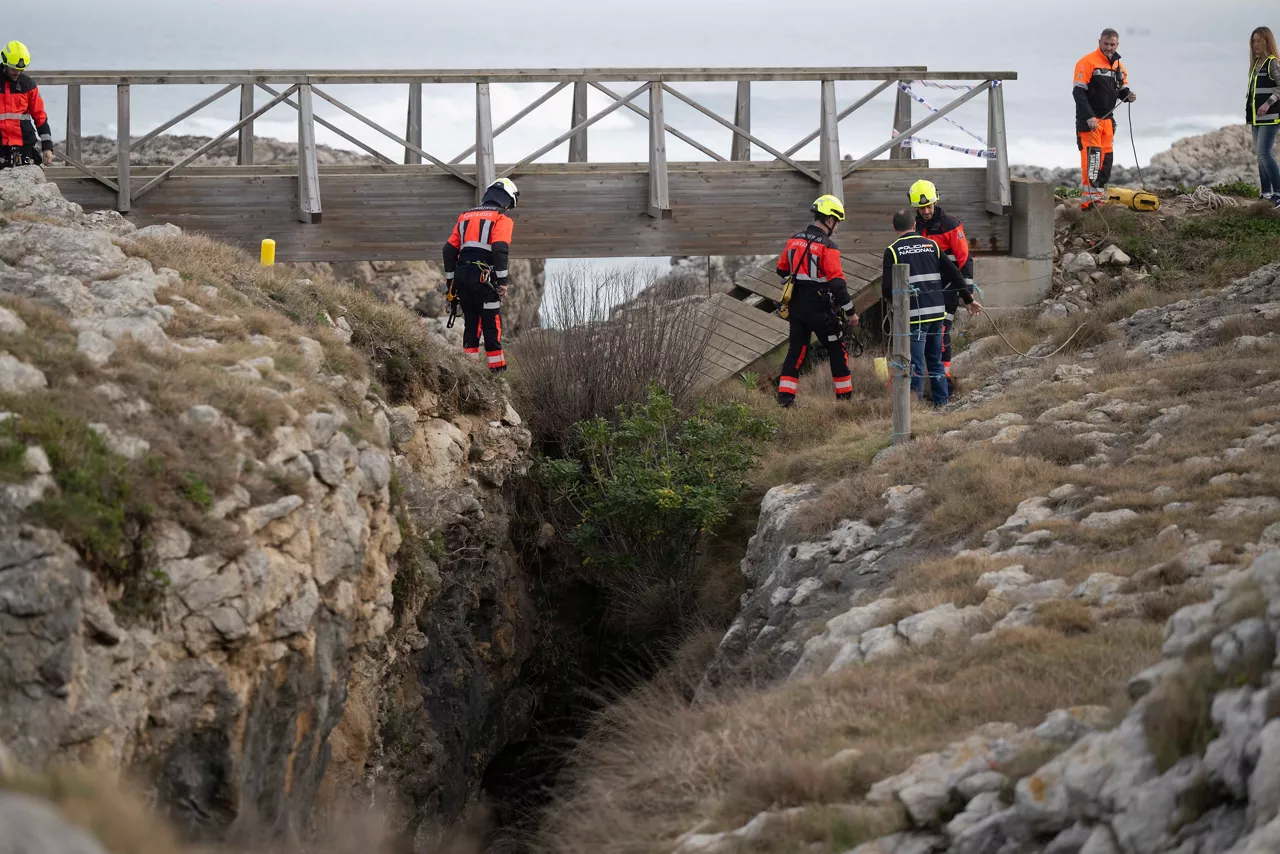
What do we know about the Santander accident?
The circumstances of the accident on Tuesday afternoon at the El Bocal Coast Pass in Santander, one of which collapsed and killed five people, including three Basques.
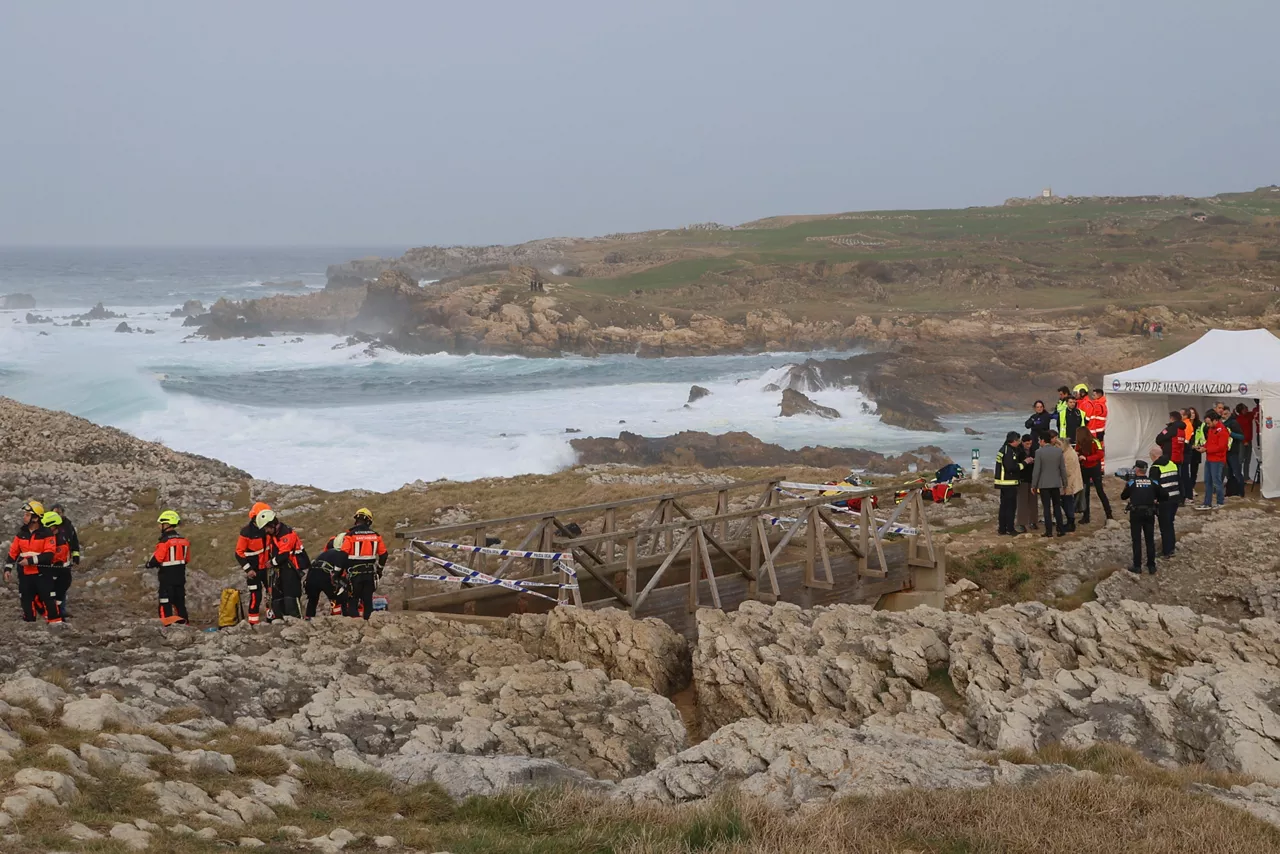
A girl from Elvillar (Álava) remains in the intensive care unit as a result of the accident in Santander
The young man, from Elvillar, is in serious condition at the Marqués de Valdecilla University Hospital.
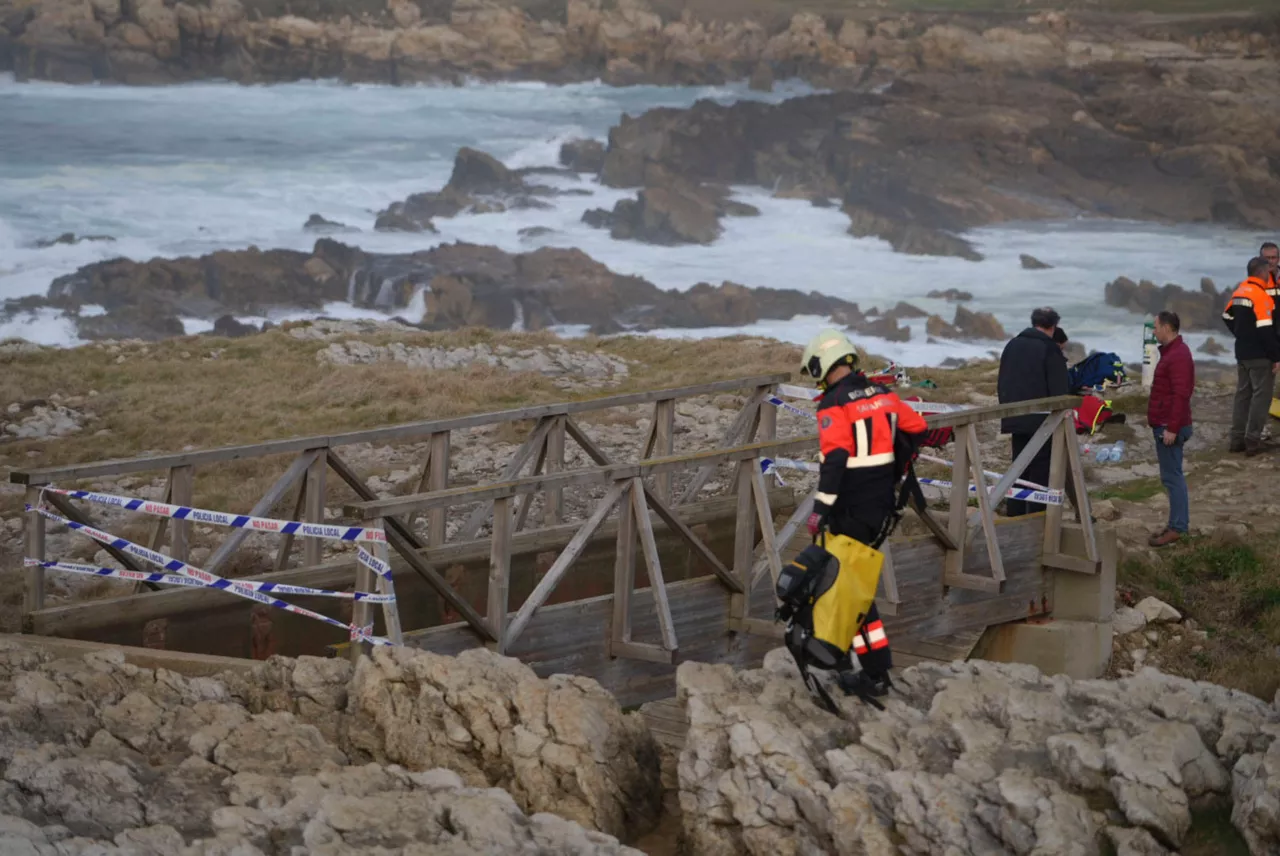
Two young men from Barakaldo and one from Balmaseda, among those killed in the Santander accident
According to the Government Delegation in Cantabria, the five deceased are two 19-year-old girls from Barakaldo (Bizkaia), a 21-year-old boy from Balmaseda (Bizkaia), another 22-year-old from Igollo de Camargo (Cantabria) and another from Almería (20), while the girl who has been hospitalized since yesterday is from Elvillar (Álava).

Will there be supply problems at the gas stations in the Basque Country? No cause for alarm, according to service stations
More cars have been running gas stations in the last few days and there have been some supply problems.

News: The decisive night in Anoeta, the conflict in the Middle East and the appearance in Paris of the body of a Tolosarra
A summary, in two words, of what will be news today in the Present.
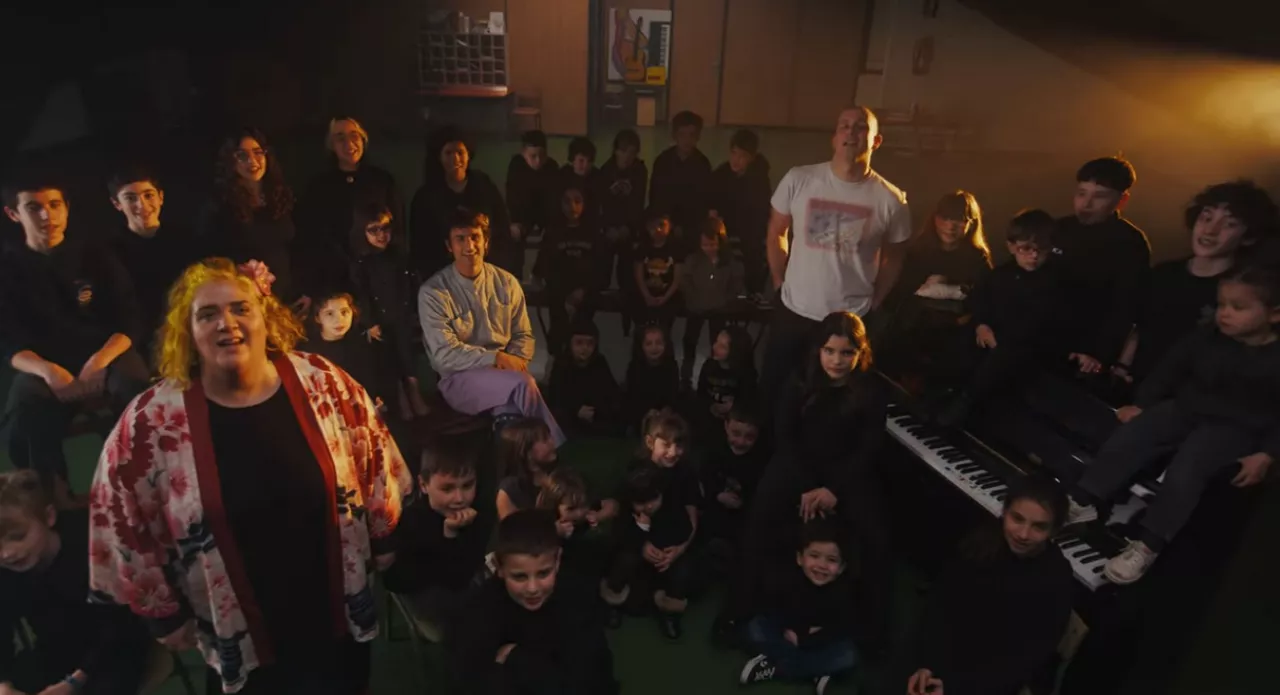
This year's song of the march, "Hiri Kiribili Bil", has been presented
The ikastola Kirikiño of Bilbao has organized this year's festival for the ikastolas of Bizkaia, composed and performed by Aiora Renteria (Zea Mays), Unai Madariaga (Ezez) and the trio Txopet.
Traffic jams on the Rontegi Bridge, Getxo sense, due to a slight accident
They've had to cut a lane, and they're causing trouble at one of the main access points on the right.
They found the body of a Tolosarra man in a house in Paris
The prosecution has opened an investigation into the murder.

